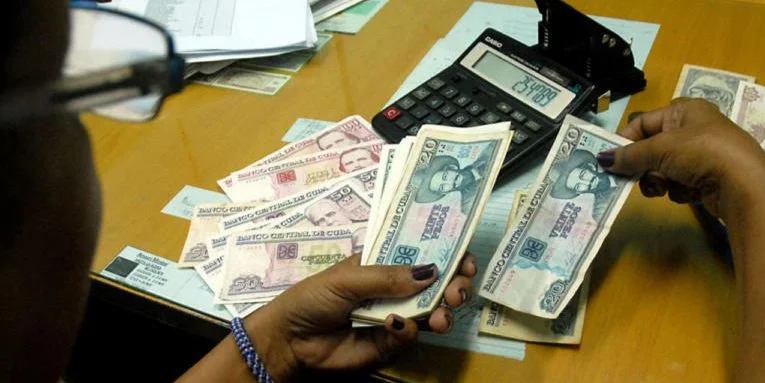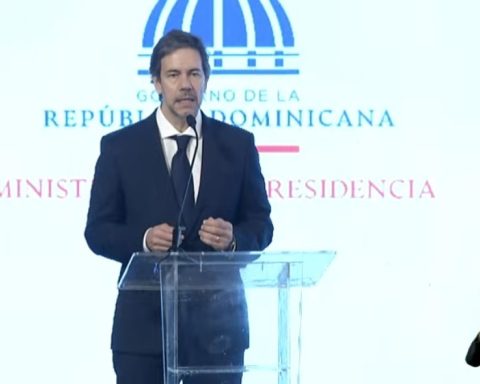HAVANA, Cuba – Under the pretext of reducing the bulging fiscal deficit that has accompanied it in recent times, Cuban authorities are resorting to all possible variants to capture the greatest amount of revenue, especially through taxes from individuals and non-state economic actors.
We had already commented previously the new policy outlined by the National Tax Administration Office (ONAT), which consists of thoroughly reviewing all personal income tax returns of self-employed workers – previously only those for the most lucrative activities were reviewed – in order to detect more under-declarants and, thus, impose a greater number of fines.
Added to this are now some regulations that modify the tax treatment of non-state economic actors, always with the aim of making them pay more taxes. Decree-Law 93, published in the Official Gazette of the Republic in its ordinary edition No. 78, establishes that the partners of the SMEs A 5% withholding tax will be applied to early dividend distributions, which will be contributed to the State budget.
These partners will also have to make a sworn declaration of their income at the end of the fiscal period. The calculation of the tax to be paid on that occasion, unlike sectors such as agriculture, which will pay a fixed rate on their income, will be set by a progressive scale, which will tax taxpayers with higher incomes more heavily. This is, without a doubt, a strategy aimed at discouraging the economic progress of members of MSMEs.
Decree-Law 93 itself contains a modification regarding the tax payable on home purchase and sale transactions by natural persons. Until very recently, both buyers and sellers of homes had a period of 30 days to settle the tax levied on these transactions.
However, the text of the aforementioned decree-law establishes that “the payment of the tax is made at the time of formalization of the act of transmission through the notarial deed.”
Such a decision has a significant impact on the finances of people involved in the aforementioned buying and selling activity. For example, we must consider the costs involved in any change of residence, such as renting vehicles for moving and others. And if we add to that the obligation to pay the tax at that time, without the 30-day deadline, we are actually witnessing a budgetary abuse.
On the other hand, the newspaper Granma alluded to the content of Resolution 271 of the Ministry of Finance and Prices, which deals with taxes payable by workers hired by the self-employed.
Before this regulation, contractors paid a fixed percentage of the tax paid by the business owner. From now on, they will be taxed at a progressive rate, which will also affect contractors with higher incomes. Another discouraging strategy to satisfy the appetites of the greedy budget.
There are many who believe that this new phase of the government’s escalation against the non-state sector of the economy has an underlying theme. It is something like, in good Cuban terms, “killing two birds with one stone.” On the one hand, there is the declared objective of mitigating the fiscal deficit. But on the other hand, the increase in tax pressure on workers in the non-state sector could work, according to the ruling elite, as a disincentive to the growing exodus of state workers to private businesses.

















